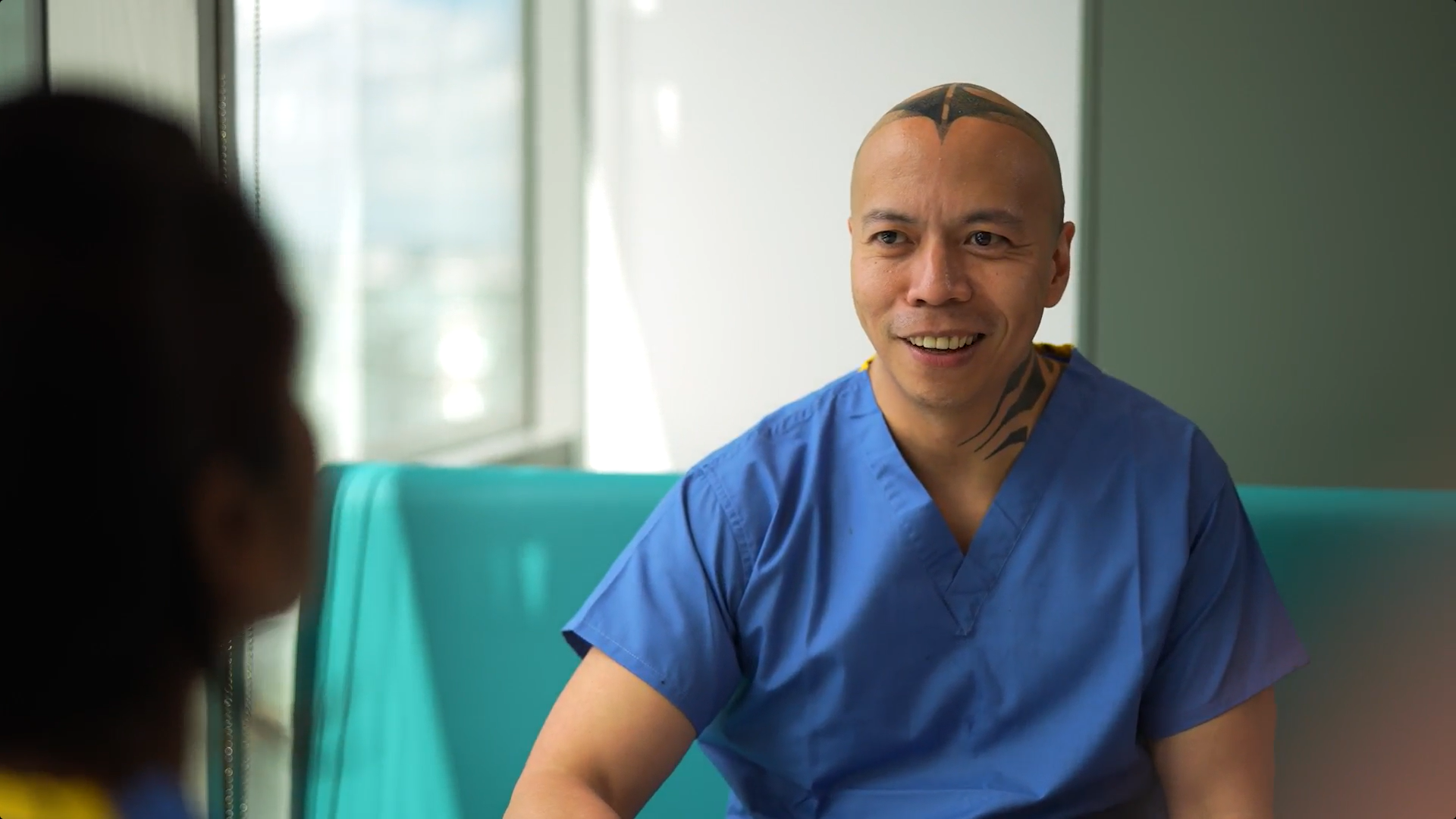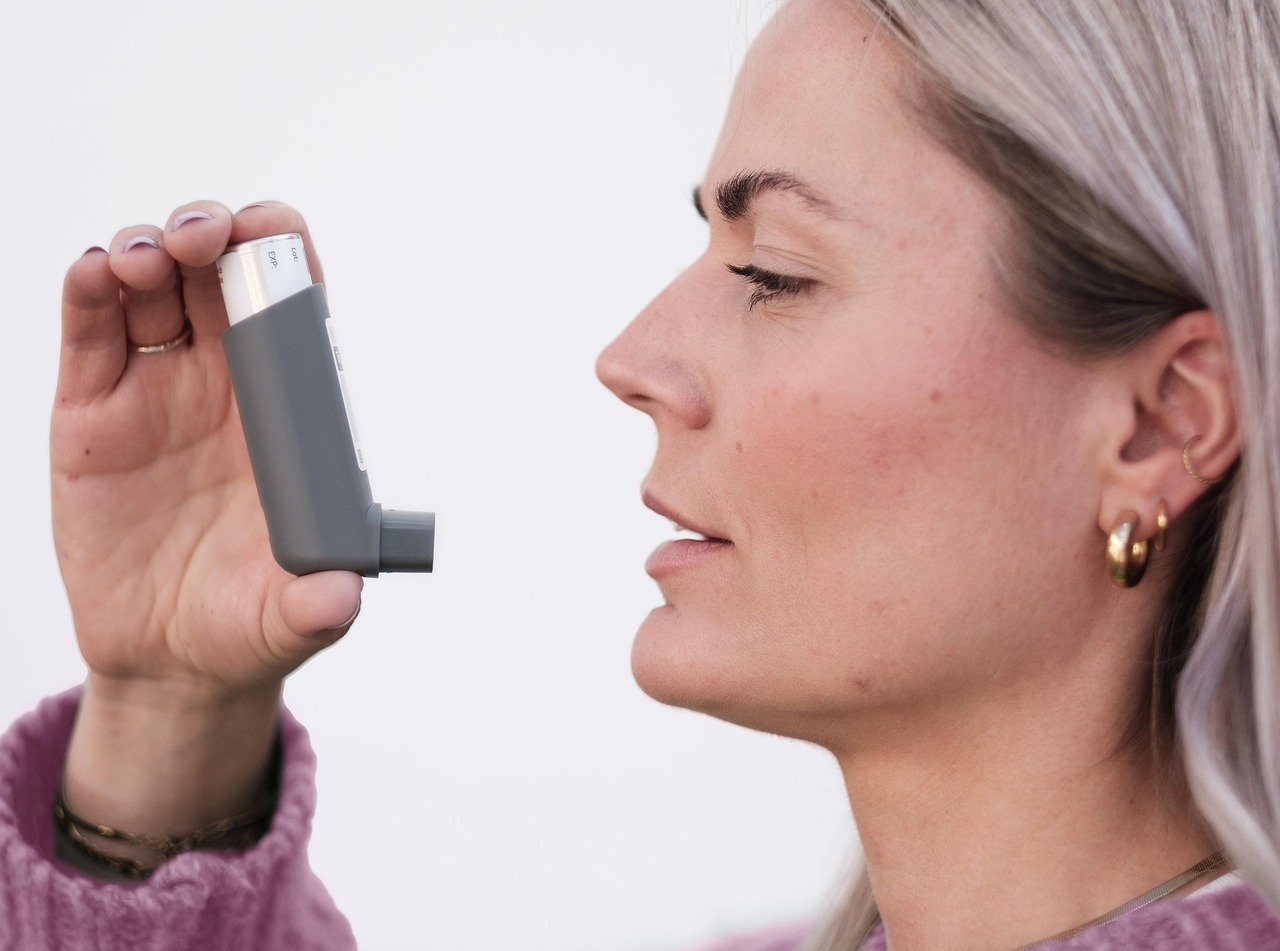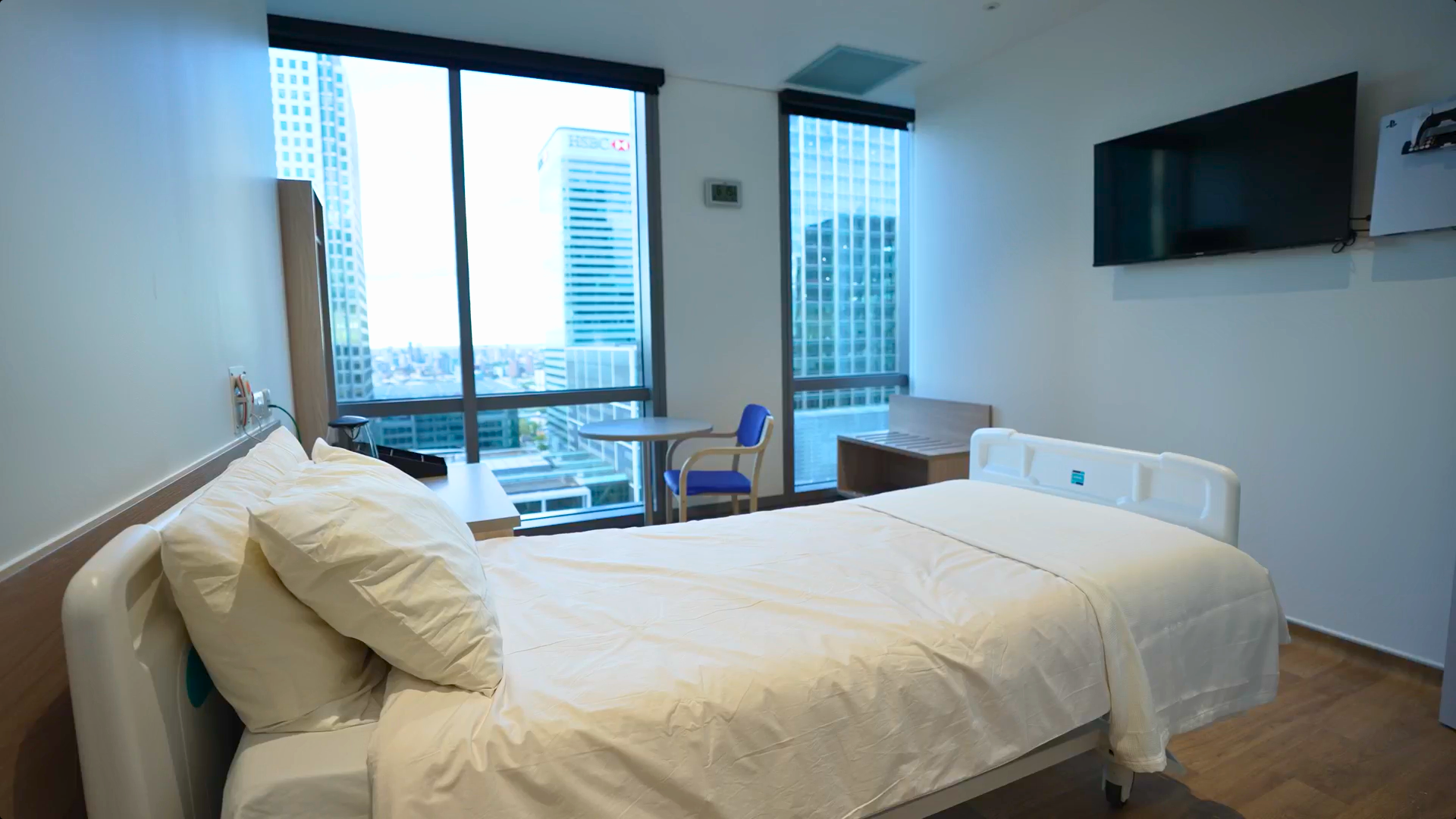Clinical trials require specific patients, but apart from this, the safety of every participant is a priority. This is why there are screening processes you’ll need to go through before the researchers behind the study can confirm your eligibility. You may be notified to undergo pre-screening and, later on, screening. Understanding the difference between the two is important.
In this article, we’ll compare pre-screening vs screening in clinical trials. This will help you get a better idea of what you should expect with the procedures and why they play an important role.
What is pre-screening in clinical trials?
Pre-screening is the initial process that scientists and researchers use to determine who may be good candidates for a clinical trial. It’s essentially the first assessment they do, and it often involves filling out a questionnaire on a website. Some facilities still rely on phone calls, where you’re interviewed to get a better idea of your current health.
The researchers will focus on a checklist that they use for eligibility criteria. However, keep in mind that meeting the criteria during pre-screening does not guarantee that you’re a suitable candidate. It’s an initial process that can put you on the list of eligible patients to undergo the next screening process.
What is screening in clinical trials?
After the initial pre-screening, the researchers come up with a shorter list of potential patients that may be a good fit for the study. This is when the screening process begins. It involves a much more comprehensive check of your health data and current health status. This isn’t an online questionnaire, but rather an in-person session.
There may be multiple assessments that the researchers do to determine if you are the right candidate for the clinical trial. They will request and review your medical history. The screening process also involves attending a physical examination. In some cases, the researchers will also request some laboratory tests. The screening period in clinical trials will last longer than pre-screening.
Key differences between pre-screening and screening
Both of these screening procedures are important for clinical trials. However, each of them plays its own role in ensuring that researchers choose participants who not only meet the criteria of the study, but also don’t have to worry about major risks. In this section, we’ll take a closer look at the key differences between them.
Purpose
Pre-screening is a basic process that involves asking potential participants a few questions. This helps to create a list of patients who may be eligible. The purpose of screening is to conduct a more detailed investigation to understand the patient’s health and medical history. This helps to confirm eligibility at a more detailed level.
Timing
Pre-screening is done at the very start when recruitment for a clinical trial begins. This helps to ensure that any candidate who does not meet a set of initial criteria is eliminated. Screening is conducted after the elimination process.
Detail
Pre-screening is a very basic procedure that asks a couple of details to determine initial eligibility. With screening, there’s much more detail that goes into the process and it may also include things such as laboratory tests.
The importance of pre-screening and screening in clinical trials
The success of a clinical trial largely depends on the patients included in the study. This is where pre-screening and screening come into play. Both of these processes are designed to ensure that the right patients participate in the trial. It also helps to eliminate any patients who would have a negative effect on the accuracy of results due to specific medical conditions.
Benefits of pre-screening for clinical trials
There are several benefits that pre-screening offers to clinical trials. First, it narrows down the list of individuals who may be good candidates for the purpose of the study. This can be very helpful in reducing the workload for researchers. Remember, after the pre-screening process, the researchers then need to do screening for the patients who passed the initial stage.
It also helps to reduce the wastage of clinical resources and reduce the overall cost that the research team will have to cover for the screening process. When those who are not likely to qualify for the trial are eliminated during pre-screening, it means that fewer people need to undergo physical examinations and have blood tests.
Benefits of screening for clinical trials
The main benefit of screening is that it helps the researchers get more detailed information about those who passed through the initial pre-screening process.
During this phase, the researchers look at the qualifying patients’ current health status and consider how the interventions used in the trial could affect them. This means that the process not only helps to ensure that the patients meet the more comprehensive criteria, but also that the trial will be as safe as possible for these individuals.
This part of the clinical trial also helps to exclude patients with conditions or who are taking medication that may influence the effects of the interventions that the clinical trial will study. They can also consider the patients’ medical history to determine if there are other risks that they need to be aware of at this point.
Why does the distinction between pre-screening and screening matter?
As a participant in a clinical trial, you might not understand why it’s important to know the differences between pre-screening and screening. However, when you’re aware of what each of these processes entails, it can make the entire journey for you smoother.
During pre-screening, you won’t need to worry about having to undergo any tests. You just need to answer a couple of questions. There’s really nothing to be nervous about. After passing pre-screening, understanding what screening means also ensures that you’re more aware of what to expect.
What next?
Pre-screening and screening both play an important role in allowing researchers to select the right patients for a clinical trial. It starts with the pre-screening, and if you’re eligible, you’ll also need to undergo the screening process. FluCamp prioritises the patient’s safety at all times and uses both of these processes to ensure that candidates are only included if they won’t be at high risk. You can learn more and find out about our upcoming clinical trials by contacting us.















